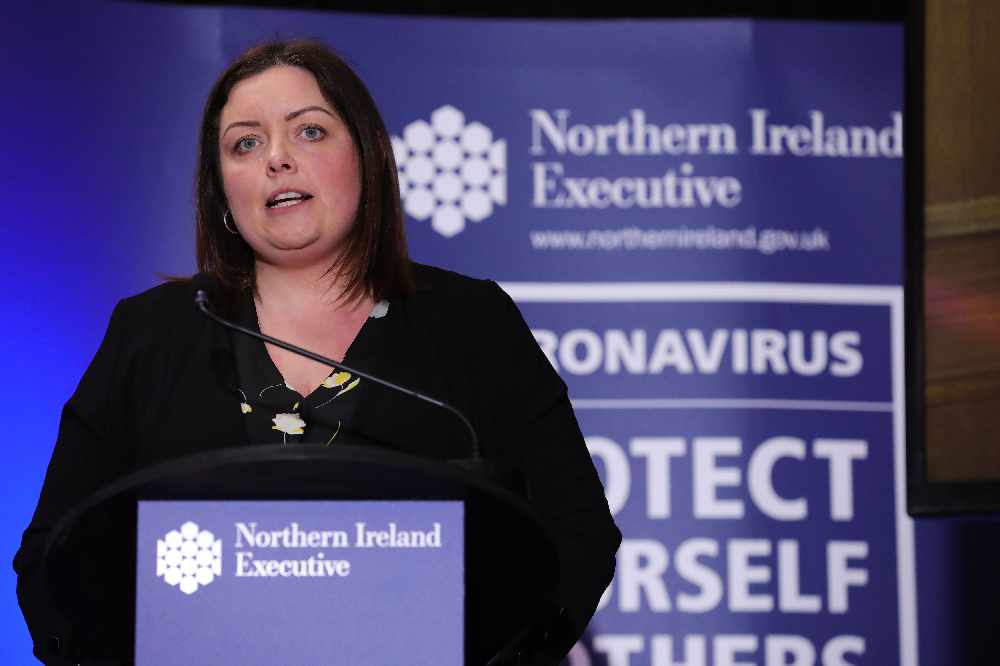
By Q Radio News
The Northern Ireland Public Services Ombudsman, Margaret Kelly, has recommended significant changes in how officials judge whether someone is eligible for a Personal Independence Payment (PIP).
An investigation by the Ombudsman has found that repeated opportunities were missed to make the right payment as early as possible in the process of assessment - leaving people without any money for extended periods of time.
It found that a failure by both the Department for Communities and Capita to seek and use further evidence, including that from medical professionals, meant claimants had to continually challenge the decision, often all the way to Appeal, before the correct decision was made.
The Northern Ireland Public Services Ombudsman, Margaret Kelly, has recommended significant changes in how officials judge whether someone is eligible for a Personal Independence Payment (PIP)https://t.co/lp44SQVONF
— Q Radio News (@qnewsdesk) June 24, 2021
The repeated nature of the failures led the Ombudsman to conclude it constituted ‘systemic maladministration’.
In the wake of the report, Communities Minister Deirdre Hargey has acknowledged the need for further change to the delivery of Personal Independence Payments, and has repeated her pledge to build on improvements already made.
The investigation examined claims or complaints over how PIP payments were assessed between June 2018 and the beginning of the investigation in July 2019.
Minister Hargey said: “I am firmly committed to enacting positive change in PIP delivery.
“My Department has consistently demonstrated that commitment by taking forward recommendations from statutory reviews previously carried out by Walter Rader and Marie Cavanagh.
“I remain open to scrutiny and welcome the opportunity to drive further improvements in the service to ensure it is delivered in a compassionate and empathetic manner.”
At present nearly 154,000 people are receiving PIP, of which 38% are receiving the highest rate of benefit payable.
The minister has announced that part of the reforms include stopping outsourcing some aspects of assessments to private company Captia, who many claimants feel are unfairly harsh in their procedures.
She continued: “I remain dedicated to a rights-based approach to social security delivery which in the case of PIP means ensuring that the quality of health assessments continues to improve.
“My Department will continue to focus on expanding the in-housing of PIP assessments.
“Meanwhile, we will carefully consider all the recommendations of the NIPSO report and continue discussions with stakeholders on how they may be taken forward.”

(The minister says her department has already made changes in light of the report's findings)


 O’Neill writes to PM urging public inquiry into Sean Brown murder
O’Neill writes to PM urging public inquiry into Sean Brown murder
 Campaign to increase cancer awareness through pharmacies rolled out
Campaign to increase cancer awareness through pharmacies rolled out
 Concern over PSNI vehicles fleet, with 20% off road at worst point in 2023
Concern over PSNI vehicles fleet, with 20% off road at worst point in 2023
 Man released by police after Newry stabbing incident
Man released by police after Newry stabbing incident
 Firefighters tackle almost 150 wildfires across three days in Northern Ireland
Firefighters tackle almost 150 wildfires across three days in Northern Ireland